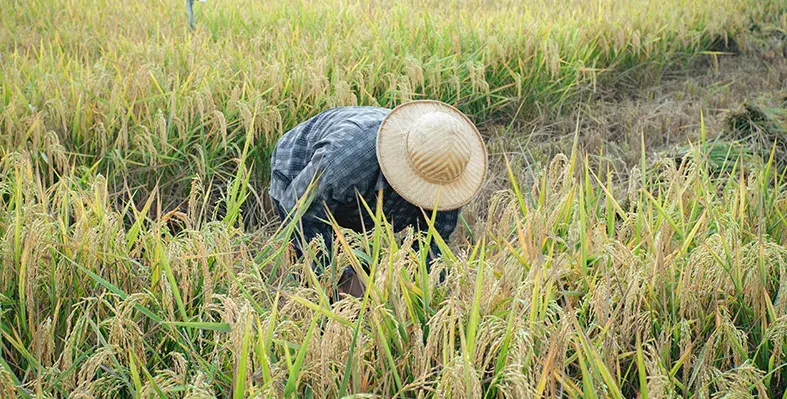The Government of Odisha, India, through its Directorate of Agriculture and Farmers’ Empowerment (DAFE), has partnered with India-based International Crops Research Institute for the Semi-Arid Tropics (ICRISAT) to pilot a farmer-centric carbon market
The Carbon Standards for Incentivizing Farmers for Regenerative Agricultural Practices (CSIFRA) project was launched in 2023 and is being implemented in the districts of Sambalpur, Bargarh, and Subarnapur in Odisha, India. It ties in with the Indian Government’s Voluntary Carbon Market scheme and aims to integrate smallholder farmers into carbon markets
The initiative involves testing regenerative farming practices under real field conditions, with a strong focus on paddy cultivation. It aims to establish scientifically validated carbon standards by precisely measuring greenhouse gas (GHG) emissions at the farm level.
Dr Himanshu Pathak, director general of ICRISAT, noted the project has the potential to generate income for farmers through carbon credits, while advancing climate-resilient agricultural practices.
“Agriculture is often criticised for its GHG emissions, yet our agri-food systems—our very source of sustenance—suffer the worst of climate change. Carbon credits can reverse this trend, empowering farmers to be both climate-responsible and more profitable,” he said.
Carbon farming involves agricultural practices designed to capture and store atmospheric CO₂ in soil and plant biomass while reducing on-farm GHG emissions. Key practices include no-till or reduced-till, cover cropping, crop rotation, agroforestry, compost and biochar application, precision nutrient and water management.
Engaging farmers
In a series of awareness sessions, farmers and agriculture officials were introduced to the workings of carbon markets and the benefits they offer, as well as the impact of regenerative practices on rice yields, soil carbon levels, and greenhouse gas emissions.
Farmers also shared their success stories. One reported that green manuring improved his soil health and allowed him to reduce inorganic fertilizer use, while another observed lower fertilizer costs, fewer irrigation cycles in Direct-Seeded Rice (DSR) plots, and yields comparable to traditional transplanted paddy.
More than 50 stakeholders participated in the sessions, with over 40% expressing willingness to adopt carbon farming practices. Participants recommended forming farmer cooperatives to ease market access and called on policymakers to integrate carbon farming into existing agricultural schemes.




